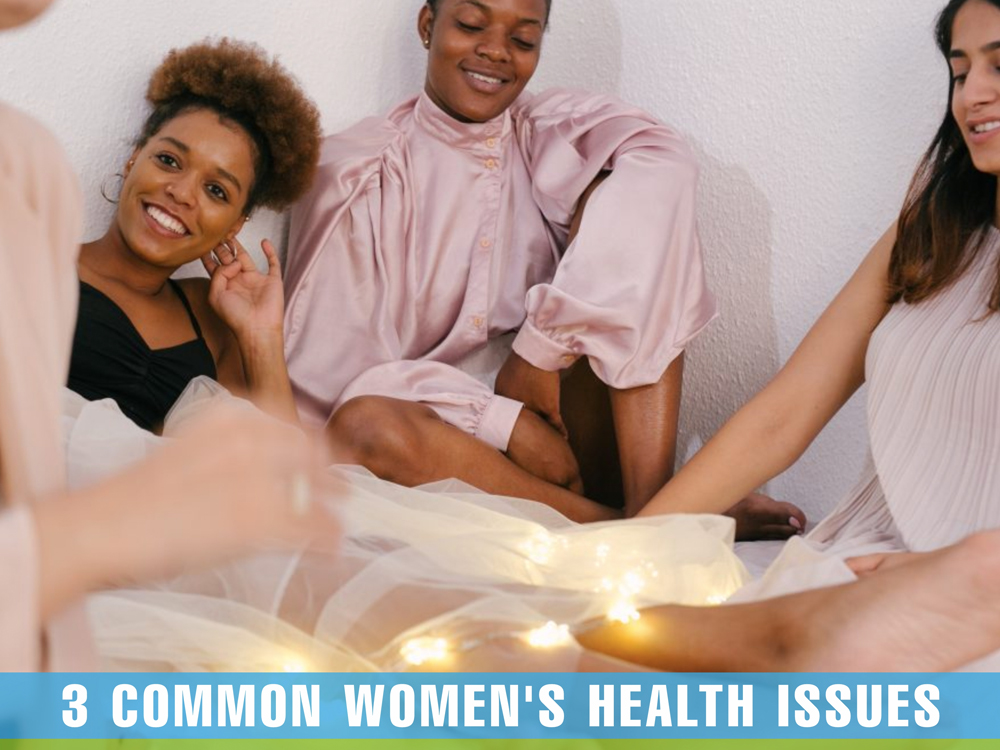

Dr Paula Estwick, a GP at Northshore Medical and Aesthetic Center, talks about women’s health - and why many female health issues are still not getting the attention they deserve.
Q: Why did you decide to specialise in women’s health?
A: There’s a James Brown song ‘This is a Man’s World’ and it’s so true. When it comes to women’s health the conversation somehow always stops with breast cancer. Breast cancer gets a lot of focus and rightly so, but women are more than just their breasts and a lot of other issues fall by the wayside. For some reason, women’s periods, other aspects of their reproductive health and sexual pleasure all get neglected. I guess because women tend to be mothers and wives and we focus on taking care of everyone else and often forget our own needs.
Q: What are some of the common issues women come in to see you about?
A: A lot of women have period issues, which could be caused by changing hormone levels, including during the perimenopause and menopause years. Period issues may be caused by endometriosis, ovarian cysts and in some severe cases cancer.
A large number of women also come in for support with weight loss. During the perimenopause years, one of the common symptoms is weight gain as our metabolism begins to slow down. It brings tons of other concerns including libido issues, as well as mood changes, hot flashes and insomnia.
Q: What are the treatment options for women with hormone imbalance?
A: One of the services we offer at NMAC is hormone testing. This is an important first step as it gives female patients a concise report of their estrogen, progesterone and testosterone levels. With this information we can help to bring balance to a woman’s hormones through diet, lifestyle and supplementation. In some cases, we can also look into bioidentical hormones, which are chemically identical to the ones our body produces.
Q: Why do some women prefer to see a female doctor when it comes to these issues?
A: We have a lot of very qualified male doctors on the Island, but one thing I hear from a lot of my female patients is they don’t always feel listened to or heard by their male doctors. They don’t feel their concerns, especially in the area of female sexual health, libido or sexual pleasure, are taken seriously. For many of them, they feel a female doctor is able to relate to them a little better - and patients want to know they’re heard, valued and understood.